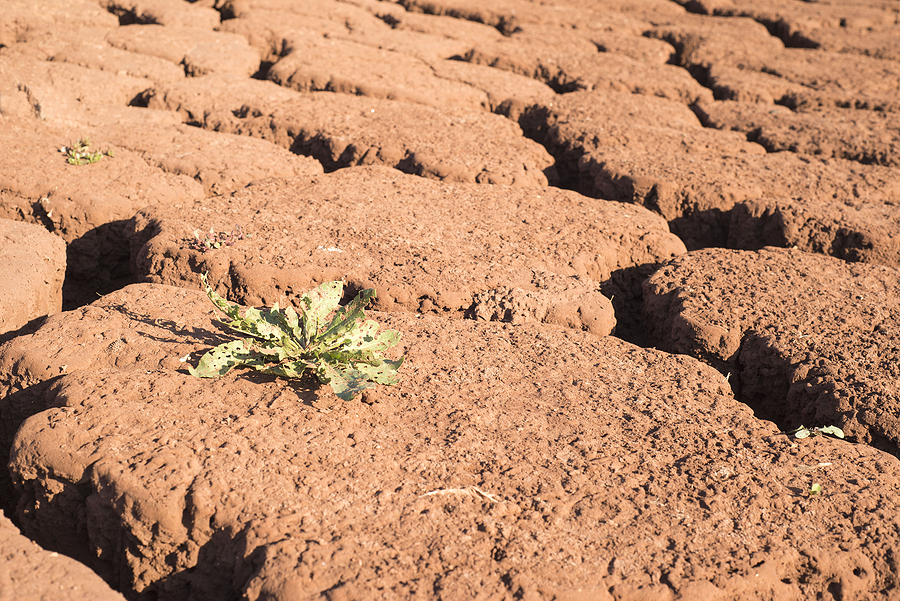Introduction:
The report presents findings from a survey conducted among high school teachers across five European countries regarding their needs and knowledge gaps in climate change education and sustainable food systems. The significance of addressing climate change within education is emphasized, particularly in relation to the development of sustainable food systems.
Methodology:
The survey utilized the Computer-Assisted Web Interview (CAWI) technique to collect quantitative data from 83 secondary school teachers in Estonia, Poland, Italy, Greece, and Iceland. The questionnaire focused on respondents’ knowledge, teaching experience, and competencies related to climate change and sustainable food systems.
Research Results:
- Teachers rated their knowledge of climate change and sustainable food systems as average, with variations across different areas of knowledge.
- Participation in training on climate change and sustainable food systems was relatively low, with Greece recording the highest participation and Poland the lowest.
- Teachers expressed interest in broadening their knowledge in various areas related to sustainability, including renewable energy sources, low-emission strategies, and food waste reduction.
- Preferred teaching methods for sustainable food systems included case studies, hands-on learning, workshops, and simulations, with a focus on active participation and experiential learning.
- Respondents identified competencies they wished to improve, with system thinking being the most sought-after skill, followed by strategic action and anticipatory thinking.
- Teachers indicated a preference for diverse forms of support, such as educational materials, educational trips, interactive tools, expert support, and multimedia resources.
Conclusions:
- Educators demonstrated a strong interest in sustainability topics, particularly renewable energy, low-emission strategies, and sustainable food systems.
- There is a clear preference for active learning methods and experiential teaching approaches among teachers.
- Enhancing competencies like system thinking and strategic action is deemed essential for effective climate change education.
- Diverse forms of support, including educational materials and expert consultations, are desired to facilitate teachers’ education in sustainable food systems.
This report provides valuable insights into the needs and preferences of high school teachers regarding climate change education and sustainable food systems, offering guidance for future curriculum development and teacher training programs. You can download the full report here!







